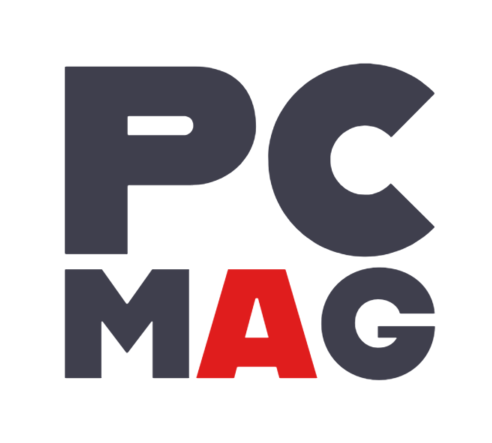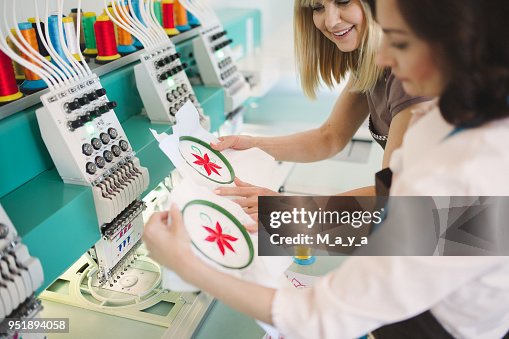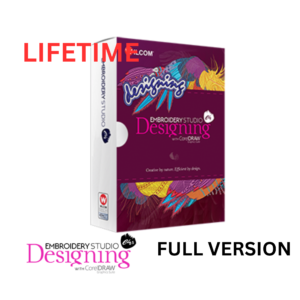Introduction to Embroidery Machines
Embroidery machines have revolutionized the way we create intricate designs on fabric. Whether for personal use or commercial purposes, these machines have made it easier and faster to produce high-quality embroidered items. This guide explores the various types of embroidery machines, their features, and how to choose the right one for your needs.
What is an Embroidery Machine?
An embroidery machine is a specialized sewing machine designed to stitch patterns, designs, and logos onto fabric. Unlike traditional sewing machines, embroidery machines can automatically create complex designs using various stitches and colors, making them ideal for embellishing clothing, accessories, and home decor items.
Types of Embroidery Machines
1. Home Embroidery Machines
Home embroidery machines are designed for hobbyists and small businesses. They are user-friendly and often come with a variety of built-in designs and fonts.
Key Features:
- Embroidery Area: Typically smaller, suitable for personal projects.
- Ease of Use: Intuitive controls and touch screens.
- Built-in Designs: Comes with pre-loaded designs and fonts.
- Affordable: Generally less expensive than commercial machines.
2. Commercial Embroidery Machines
These machines are built for high-volume production and are ideal for businesses that need to produce embroidered items quickly and efficiently.
Key Features:
- Larger Embroidery Area: Allows for bigger designs and multiple items.
- Multi-Needle Configuration: Can hold several threads at once, making color changes easier.
- Speed: Faster stitching speed compared to home machines.
- Advanced Features: Often includes automatic tension adjustment and more robust software.
3. Multi-Function Embroidery Machines
These versatile machines combine sewing and embroidery capabilities. They are suitable for users who want the option to sew and embroider.
Key Features:
- Combination Functionality: Can switch between sewing and embroidery tasks.
- Built-in Sewing Stitches: Includes various sewing stitch options.
- Customization: Allows users to design their own embroidery patterns.
4. Flatbed vs. Cylinder Bed Machines
- Flatbed Embroidery Machines: These machines have a flat surface, making them ideal for larger items like quilts and jackets.
- Cylinder Bed Embroidery Machines: Designed for tubular items like sleeves and pant legs, these machines allow for easy access to hard-to-reach areas.
Key Features to Consider
When choosing an embroidery machine, several features can influence your decision:
1. Embroidery Area Size
The size of the embroidery area determines the dimensions of the designs you can create. Larger embroidery areas are essential for bigger designs, while smaller areas are sufficient for logos and monograms.
2. Built-in Designs and Fonts
Many machines come with a selection of built-in designs and fonts, which can save time and effort. Look for machines with a variety of options to meet your design needs.
3. Ease of Use
User-friendly interfaces, touch screens, and easy navigation are crucial, especially for beginners. Machines that offer intuitive controls and clear instructions will enhance your experience.
4. Connectivity Options
Modern embroidery machines often come with USB ports or wireless connectivity, allowing users to easily transfer designs from a computer or tablet. This feature is essential for accessing a wide variety of designs online.
5. Speed
The speed of an embroidery machine is measured in stitches per minute (SPM). Higher speeds can increase productivity, especially for commercial users. Consider your needs when evaluating machine speed.
6. Needle Configuration
Multi-needle machines allow for multiple colors to be used without changing threads constantly. This feature is particularly useful for complex designs with many colors.
7. Maintenance and Support
Check the manufacturer’s warranty and customer support options. Regular maintenance is essential for keeping your machine in good working order.
Popular Brands of Embroidery Machines
Several brands are well-known in the embroidery machine market, each offering unique features and capabilities:
1. Brother
Brother is a popular brand known for its user-friendly machines suitable for both beginners and professionals. Their machines often come with extensive built-in designs and connectivity options.
2. Janome
Janome machines are praised for their reliability and innovative features. They offer a range of options, from basic home machines to advanced commercial models.
3. Bernina
Bernina is known for its high-quality engineering and durability. Their machines are often more expensive but offer advanced features and exceptional stitch quality.
4. Pfaff
Pfaff machines are recognized for their unique IDT (Integrated Dual Feed) system, which helps to prevent fabric slipping. They are designed for both sewing and embroidery tasks.
5. Baby Lock
Baby Lock offers a range of embroidery machines that are known for their ease of use and advanced technology. Their machines often feature automatic threading and tension adjustment.
How to Choose the Right Embroidery Machine
Choosing the right embroidery machine depends on several factors, including your skill level, budget, and intended use. Here are some steps to guide your decision:
1. Define Your Purpose
Are you a hobbyist looking to create personalized gifts, or are you a business owner aiming for high-volume production? Defining your purpose will help narrow down your options.
2. Set a Budget
Embroidery machines can vary significantly in price. Determine how much you’re willing to invest and look for machines within that range.
3. Research Features
Make a list of essential features you need, such as embroidery area size, built-in designs, and connectivity options. Compare different models based on these criteria.
4. Read Reviews
Look for user reviews and ratings to gauge the performance and reliability of different machines. Real user experiences can provide valuable insights.
5. Test the Machine
If possible, visit a dealer to test the machines. This will help you understand their ease of use and feel the quality of the stitching.
Maintaining Your Embroidery Machine
Proper maintenance is essential for ensuring the longevity and performance of your embroidery machine. Here are some tips:
1. Regular Cleaning
Dust and lint can accumulate in your machine, affecting its performance. Regularly clean the bobbin area, needle plate, and exterior with a soft brush or cloth.
2. Oil the Machine
Follow the manufacturer’s instructions for oiling your machine. Proper lubrication can reduce friction and extend the life of your machine.
3. Check Needle and Thread Quality
Use high-quality needles and threads to prevent breakage and ensure smooth stitching. Change the needle regularly, especially when switching to different fabric types.
4. Store Properly
When not in use, store your machine in a dust-free environment. Use a cover to protect it from dust and debris.
5. Seek Professional Servicing
Consider having your machine serviced by a professional periodically. They can perform thorough cleaning and maintenance that you may not be able to do yourself.
Conclusion
Embroidery machines are powerful tools that open up a world of creativity and possibilities for both hobbyists and professionals. By understanding the types, features, and maintenance of these machines, you can make informed decisions that enhance your embroidery experience. Whether you’re creating personalized gifts or running a commercial embroidery business, investing in the right machine can lead to beautiful, high-quality results.
If you have any specific questions or need further details on any aspect, feel free to ask!




